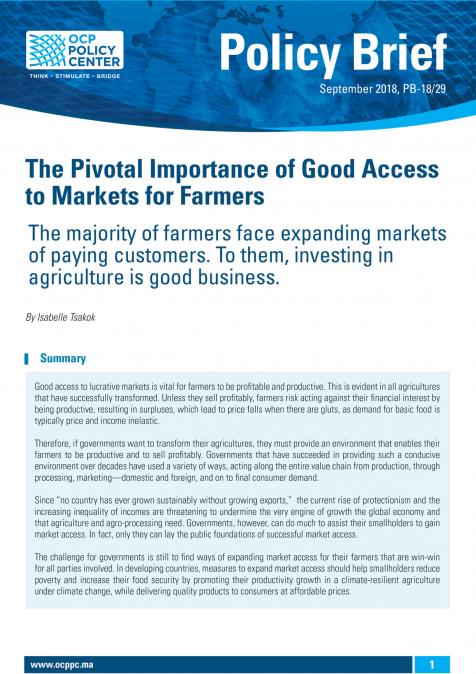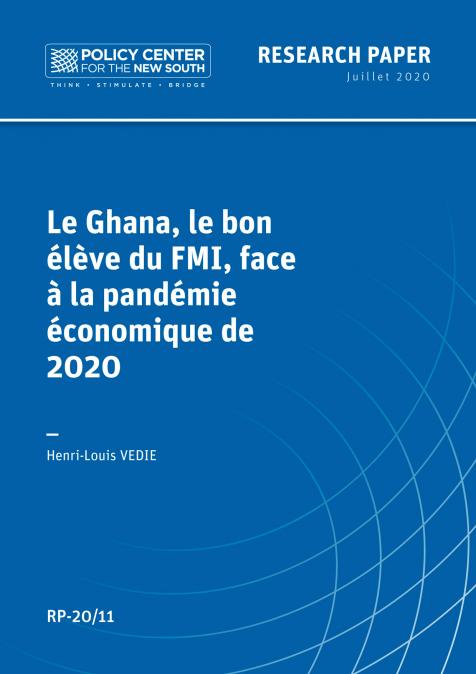Publications /
Policy Brief
Good access to lucrative markets is vital for farmers to be profitable and productive. This is evident in all agricultures that have successfully transformed. Unless they sell profitably, farmers risk acting against their financial interest by being productive, resulting in surpluses, which lead to price falls when there are gluts, as demand for basic food is typically price and income inelastic.
Therefore, if governments want to transform their agricultures, they must provide an environment that enables their farmers to be productive and to sell profitably. Governments that have succeeded in providing such a conducive environment over decades have used a variety of ways, acting along the entire value chain from production, through processing, marketing—domestic and foreign, and on to final consumer demand.
Since “no country has ever grown sustainably without growing exports,” the current rise of protectionism and the increasing inequality of incomes are threatening to undermine the very engine of growth the global economy and that agriculture and agro-processing need. Governments, however, can do much to assist their smallholders to gain market access. In fact, only they can lay the public foundations of successful market access.
The challenge for governments is still to find ways of expanding market access for their farmers that are win-win for all parties involved. In developing countries, measures to expand market access should help smallholders reduce poverty and increase their food security by promoting their productivity growth in a climate-resilient agriculture under climate change, while delivering quality products to consumers at affordable prices.






